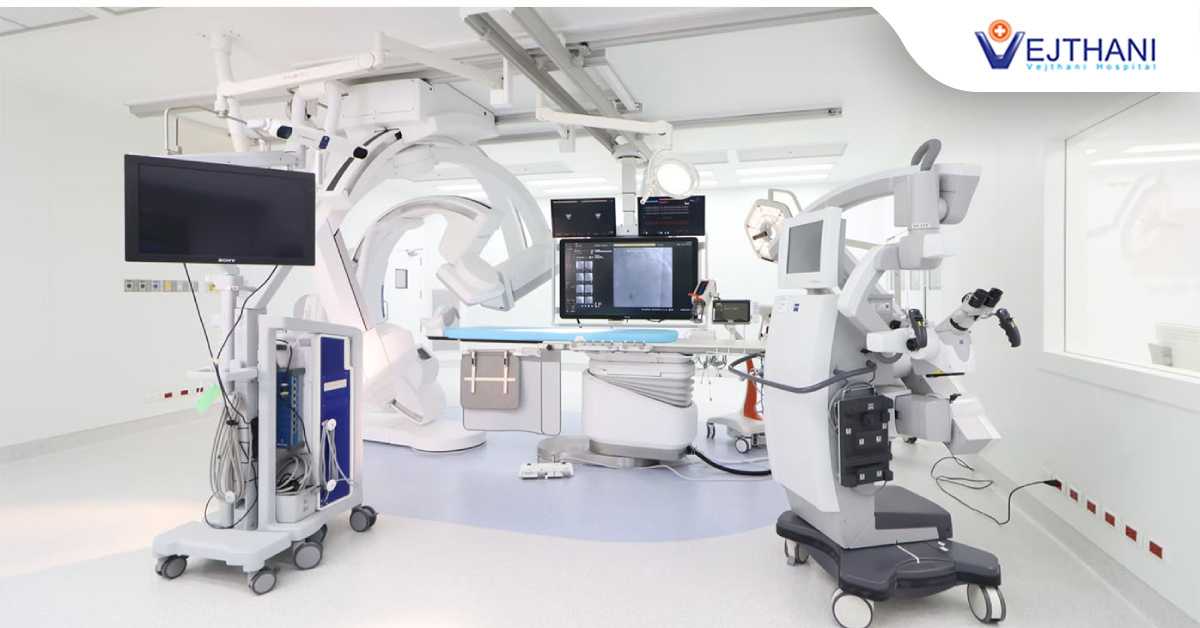
Frontotemporal dementia
Overview
Frontotemporal dementia (FTD) is a group of brain disorders that primarily affect the frontal and temporal lobes of the brain, which are associated with personality, behavior, and language. The condition is characterized by the shrinking (atrophy) of these brain regions, leading to a range of symptoms. The specific signs and symptoms vary depending on which part of the brain is affected. Some individuals with FTD experience significant changes in their personality, becoming socially inappropriate, impulsive, or emotionally indifferent. Others may struggle with language and have difficulty using it correctly.
Frontotemporal dementia is often confused with Alzheimer’s disease or mental health disorders, but it has distinct characteristics. Unlike Alzheimer’s, which predominantly affects older individuals, frontotemporal dementia typically strikes people at a younger age. While dementia commonly occurs in individuals over 65 years old, frontotemporal dementia frequently emerges in individuals between the ages of 45 and 65. However, it can also impact individuals younger or older than this age range.
While a definitive cure for frontotemporal dementia is not currently available, there are treatments aimed at managing its symptoms and potentially slowing down its progression. These treatments can be effective in controlling certain symptoms for a significant period of time.
Symptoms
Frontotemporal dementia (FTD) exhibits varying signs and symptoms among individuals, with a progressive worsening over years. These symptoms tend to occur in clusters and may involve multiple clusters depending on the affected parts of the brain. Although many FTD symptoms are similar, their combinations and severity differ among patients.
Behavioral changes
Extreme behavioral and personality alterations are among the frontotemporal dementia symptoms that are most frequently observed. These consist of:
- Impaired judgment
- Loss of self-consciousness
- Increasingly unsuitable social conduct
- Loss of empathy and other social abilities, such as the capacity to be sensitive to the emotions of others
- Alterations in eating patterns, often characterized by excessive consumption or a preference for sugary and carbohydrate-rich foods.
- Decreased motivation and enthusiasm, often mistaken for depression.
- Repeated, obsessive actions like tapping, clapping, or lip-smacking
- Poor personal hygiene
- Consumption of non-food items
- Obsessive need to put items in one’s mouth
Speech and language problems
Some types of frontotemporal dementia cause speech loss, disability, or language issues. Frontotemporal dementia is characterized by primary progressive aphasia, semantic dementia, and progressive agrammatic (nonfluent) aphasia. These conditions lead to problems such as:
- Speaking hesitantly and potentially in a telegraphic manner
- Making errors in sentence structure
- Loss of knowledge in the meaning of words
- Growing difficulty utilizing and understanding spoken and written language, such as having trouble naming items or choosing the proper word to use in conversation.
- Difficulty naming items; you might substitute a specific term with a more generic one, such “it” for a pen.
Motor disorders
Movement issues resembling those linked to Parkinson’s disease or Amyotrophic Lateral Sclerosis (ALS) characterize frontotemporal dementia’s rarer forms.
These motor-related issues may manifest as follows:
- Poor motor skills
- Swallowing problem
- Tremor
- Unsuitable crying or laughter
- Falls or mobility issues
- Rigidity
- Muscle twitches or spasms
- Weak muscles
Causes
Frontotemporal dementia (FTD) is characterized by the shrinking of the frontal and temporal lobes of the brain, as well as the accumulation of certain substances. The exact causes of these changes are generally unknown. While approximately 40% of FTD cases are associated with a family history of the disease due to DNA mutations, spontaneous mutations can also occur, meaning the mutation is not inherited from parents.
Recent research has shown shared genetics and molecular pathways between frontotemporal dementia and amyotrophic lateral sclerosis (ALS). However, further research is necessary to fully understand the connection between these two conditions.
Risk factors
Frontotemporal dementia (FTD) is an age-related condition that often develops earlier than most other age-related brain conditions. The typical onset of FTD is between the ages of 50 and 80, with an average age of onset around 58.
Furthermore, FTD can have a hereditary aspect, with approximately 40% of cases being observed in individuals who have a family history of the condition.



















